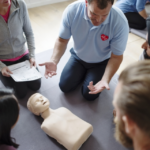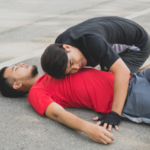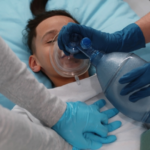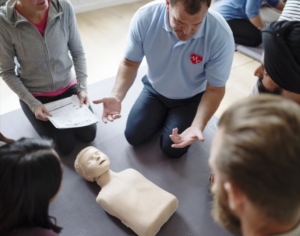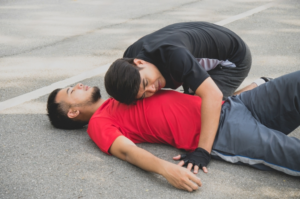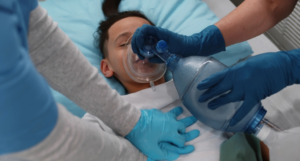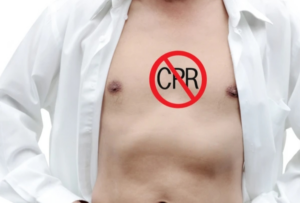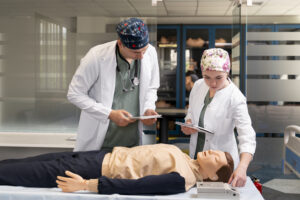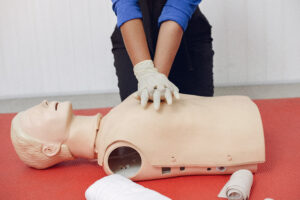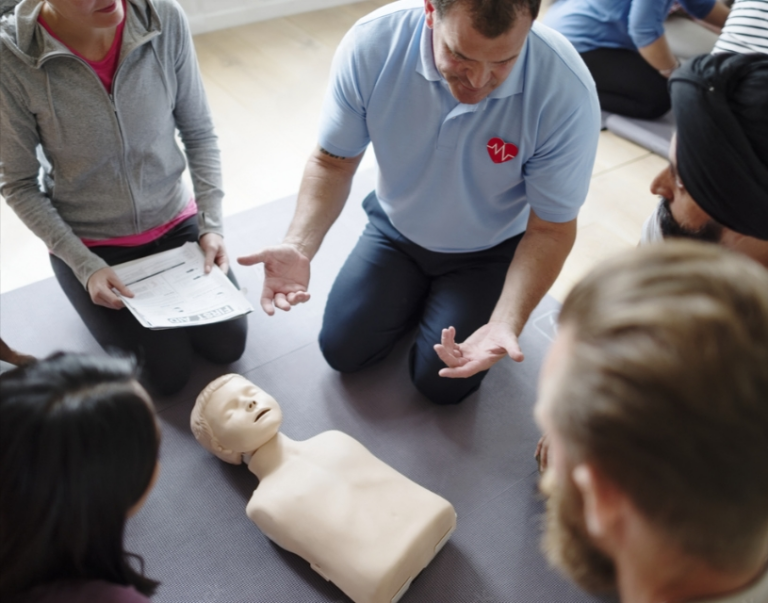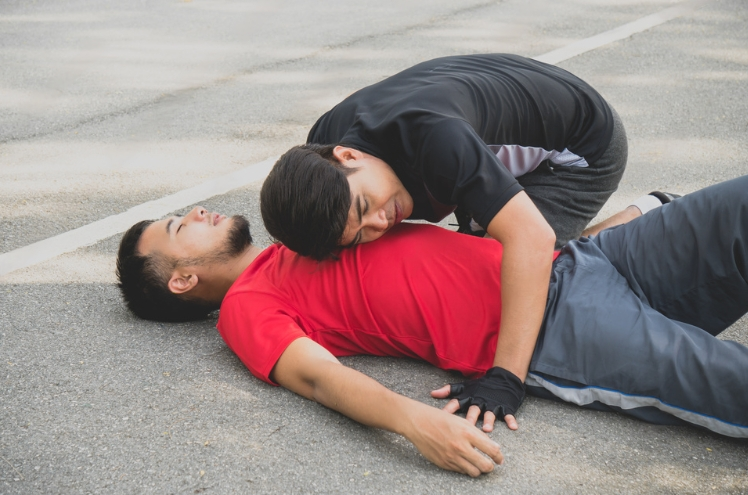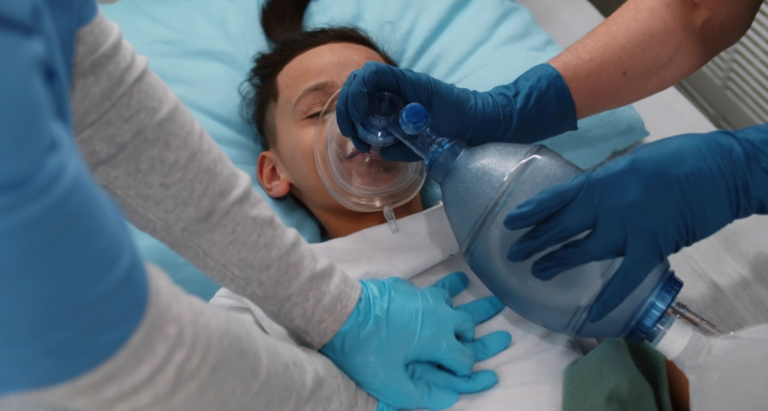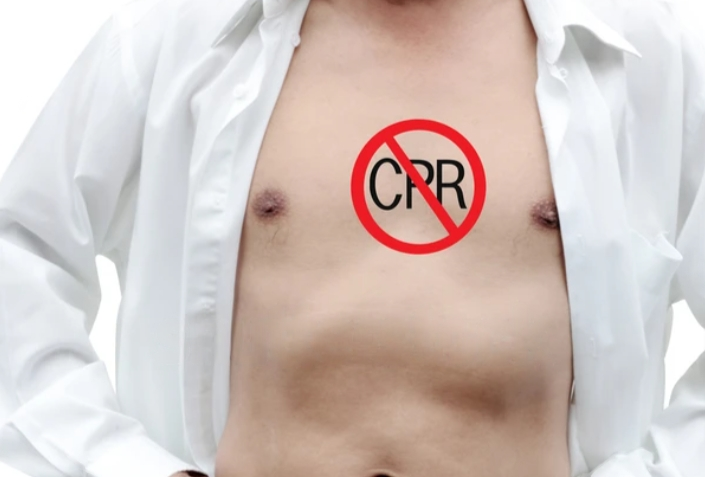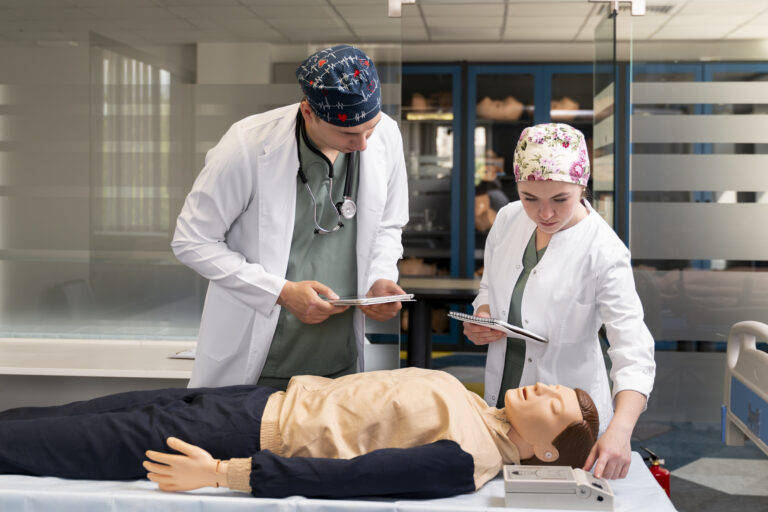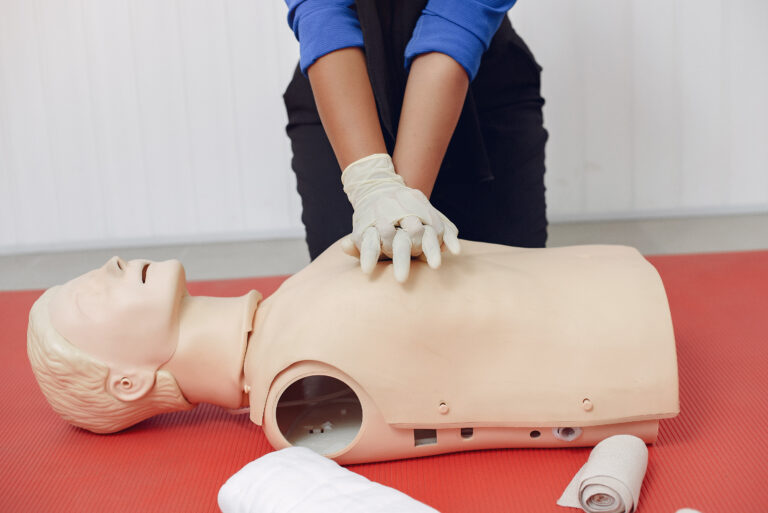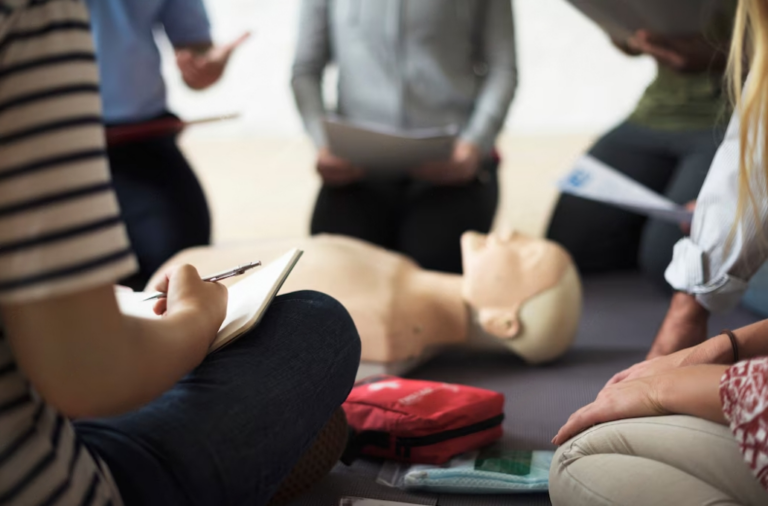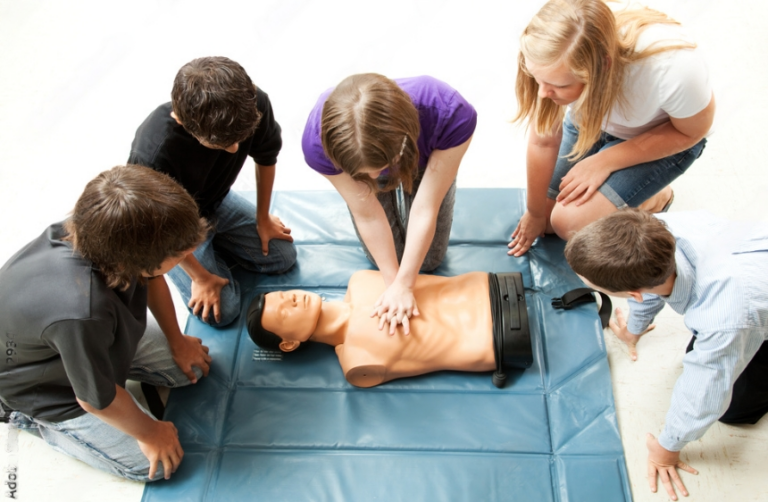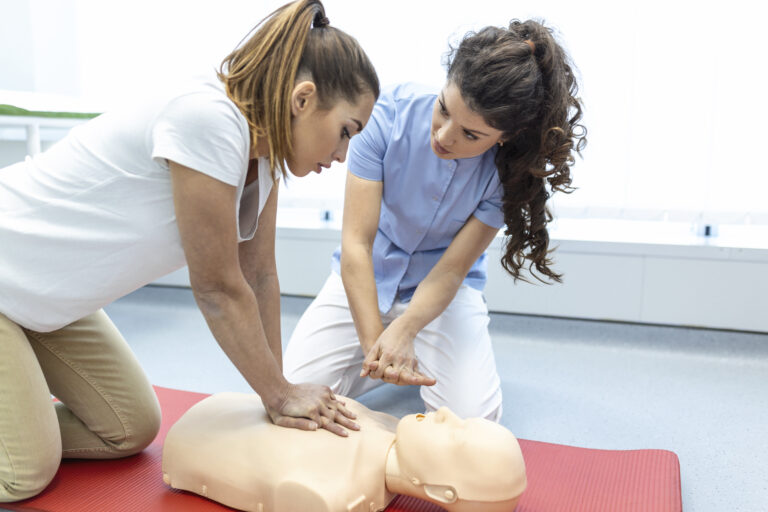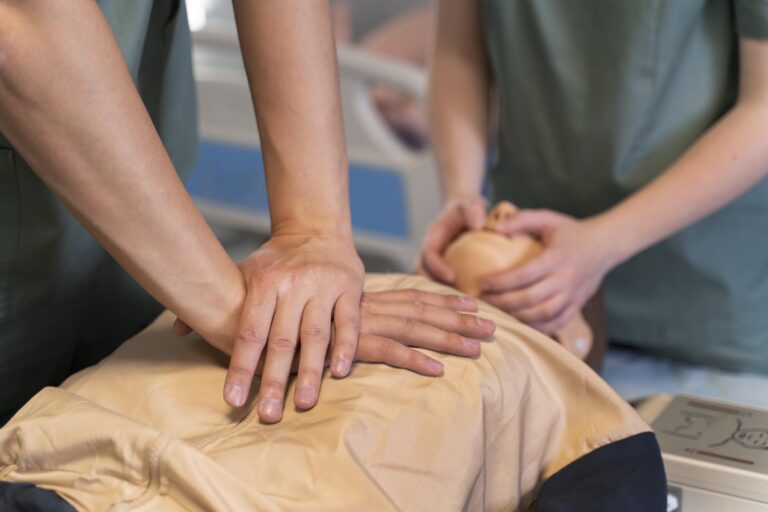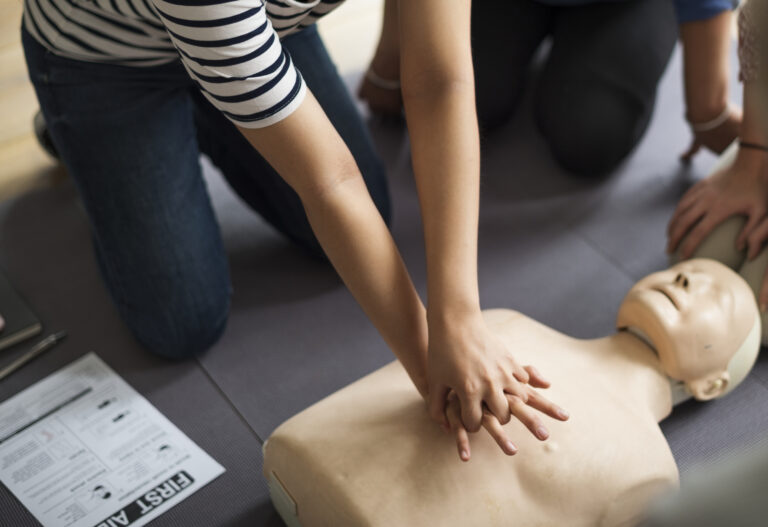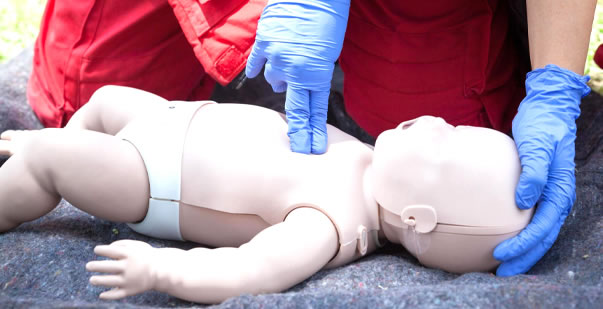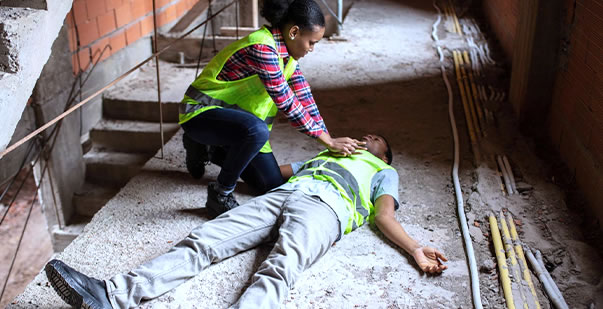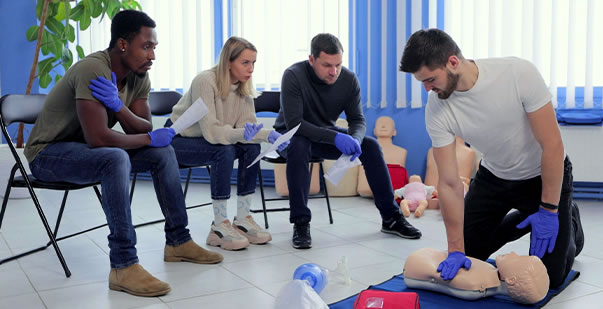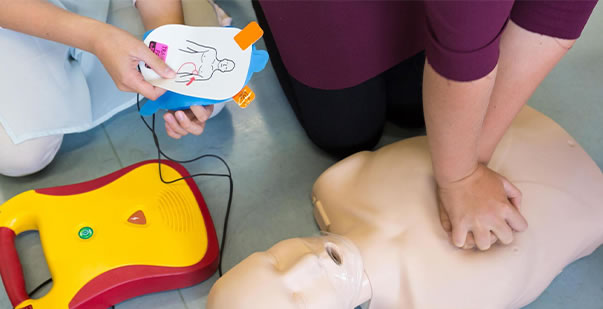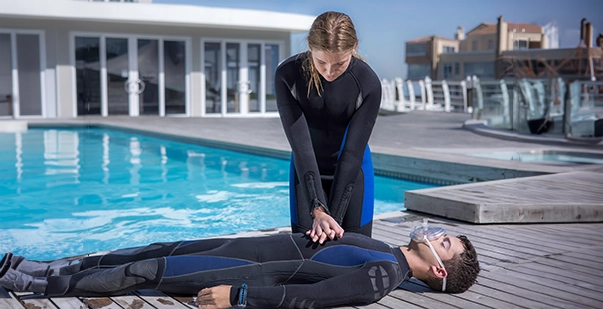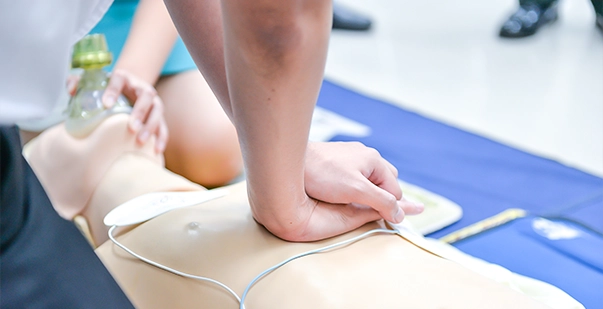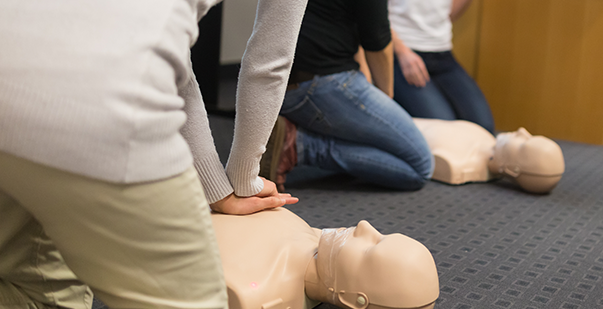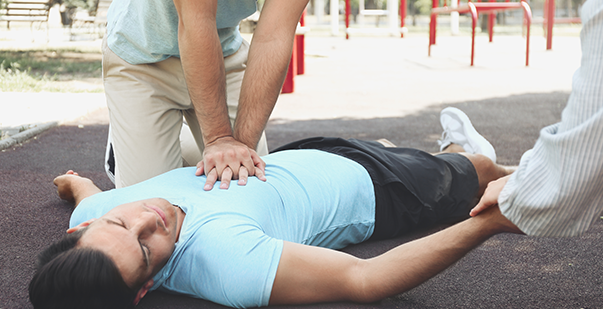CPR can make the difference between life and death during sudden cardiac arrest. Many people are hesitant to assist someone who has had a cardiac arrest. It is frequently due to widespread misconceptions about CPR and cardiac arrest. Read the blog further to clarify common misconceptions about the two.
Is giving CPR scary or traumatic?
Many people are admired for intervening to save a life and feel happy that they tried, irrespective of the outcome. Although it is the right thing to do, performing CPR on someone can be a traumatic event for a variety of reasons. You may have given CPR to a stranger and had to deal with the unexpected shock and difficult emotions that followed. Many people cope with such a life-changing event with difficulty. Even doctors with years of experience can be affected. In such scenarios, it is critical to take care of yourself. Take a break from work or speak with friends and family. You may also need to speak with a professional to help you process what happened.
Common misconceptions about CPR and cardiac arrest
- Heart attack and cardiac arrest are the sameOne of the most common myths about sudden cardiac arrest is that it is the same as a heart attack. Heart attack and cardiac arrest are distinct conditions that require appropriate treatments. When one of the coronary arteries becomes blocked, a heart attack occurs. The heart muscle is left deprived of its vital blood supply and, if left untreated, begins to die due to a lack of oxygen. When a person’s heart stops pumping blood around their body, and if they stop breathing normally, they have a cardiac arrest.
- You could be sued if you perform CPRSome people are afraid to perform CPR because they are scared of getting sued. Under normal circumstances, Good Samaritan law prohibits an involved party from suing the person who administered CPR.
- If you haven’t trained for it, don’t perform CPR on a victimEven if you have not trained to perform CPR, you should at least try to give chest compressions when helping a cardiac arrest victim. The first three minutes following cardiac arrest are critical. Therefore, it is essential that bystanders should perform CPR. Ambulance dispatches also provide instructions on the phone to perform chest compressions.
- Wrong administration of CPR can lead to the victim’s deathThe single most effective treatment for cardiac arrest is CPR and defibrillation. In the event of cardiac arrest, it is preferable to try CPR rather than nothing at all.
- Learning CPR takes far too longLearning CPR takes only a few hours. If attending physical classes is difficult, you can take an online CPR and AED training course from the training providers listed on CPR Care Near Me.
Reasons why people hesitate to perform CPR
- The most common reason for inaction by bystanders is the fear of causing further harm to a patient, especially if that patient is an adolescent, elderly, or a pregnant woman.
- The lack of CPR training is another reason bystanders do not come forward to perform CPR. Those who have not trained, or have not kept up with their CPR training and skills may feel scared, worried, or embarrassed.
- Another reason that prevents people from responding is the fear of bodily fluids, contamination, and disease. People are concerned that performing CPR on someone will infect them or make them sick.
- People also do not prefer to perform CPR because of the fear of exposing a patient or being perceived as inappropriately touching a female victim.
- The fear of getting sued also stops people from performing CPR. People hesitate because they are unaware of the Good Samaritan laws that protect them from legal action against them.
Conclusion
If you don’t know CPR, you’re less likely to help someone in need, and that person could be someone you know or love. Look for a training provider on CPR Care Near Me and take a CPR course to overcome your fears and misconceptions.



